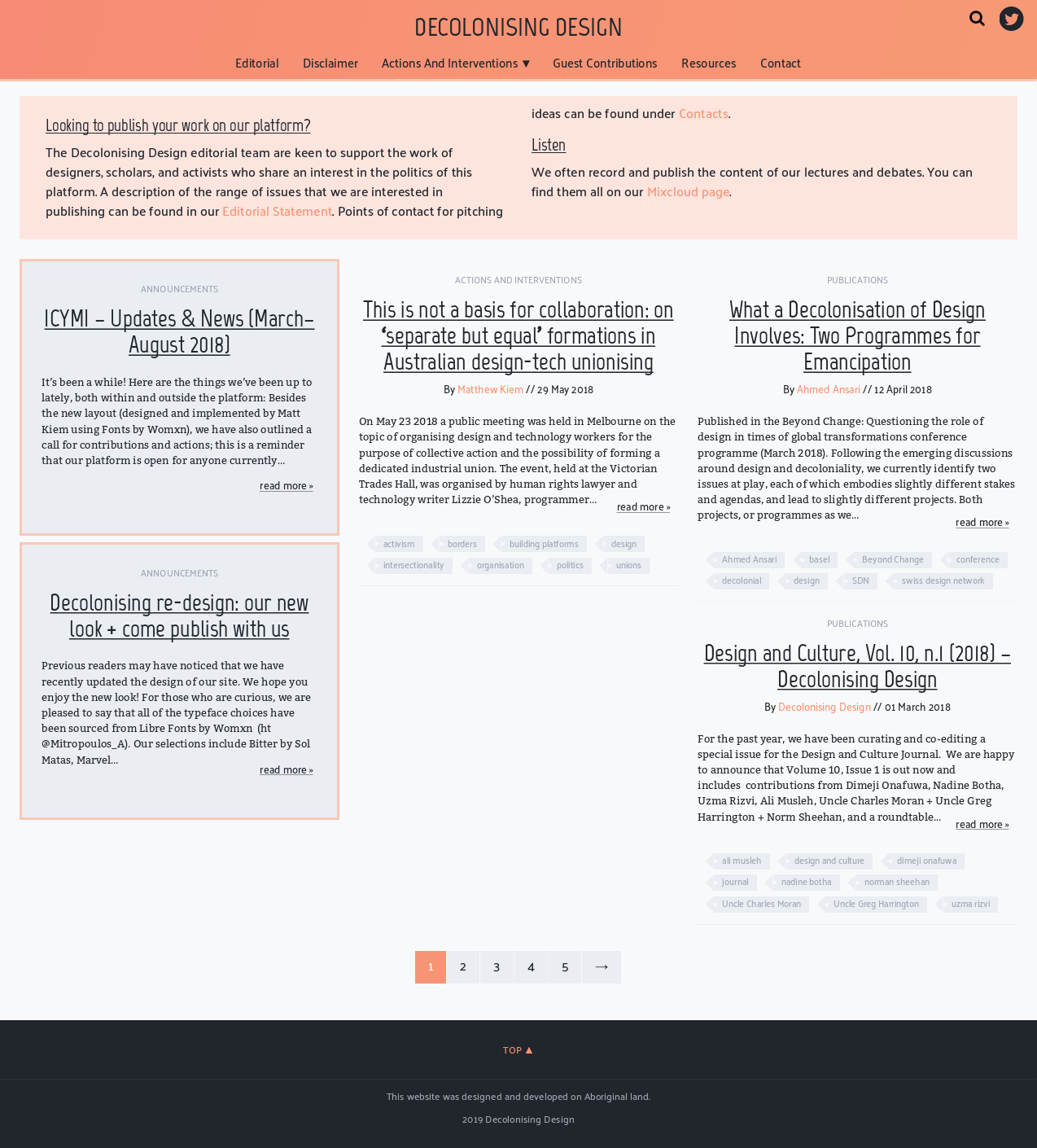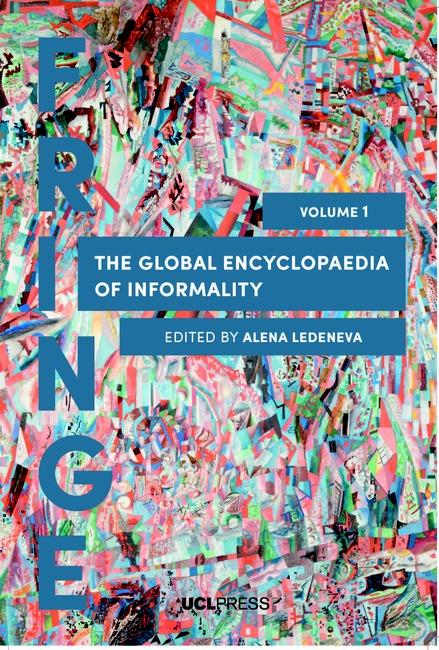Feral Atlas: The More-Than-Human Anthropocene (2020)
Filed under online resource | Tags: · animal, anthropocene, art, ecology, environment, human, infrastructure

“Feral Atlas invites you to explore the ecological worlds created when nonhuman entities become tangled up with human infrastructure projects. Seventy-nine field reports from scientists, humanists, and artists show you how to recognize “feral” ecologies, that is, ecologies that have been encouraged by human-built infrastructures, but which have developed and spread beyond human control. These infrastructural effects, Feral Atlas argues, are the Anthropocene.
Playful, political, and insistently attuned to more-than-human histories, Feral Atlas does more than catalog sites of imperial and industrial ruin. Stretching conventional notions of maps and mapping, it draws on the relational potential of the digital to offer new ways of analyzing—and apprehending—the Anthropocene; while acknowledging danger, it demonstrates how in situ observation and transdisciplinary collaboration can cultivate vital forms of recognition and response to the urgent environmental challenges of our times.”
Curated and Edited by Anna L. Tsing, Jennifer Deger, Alder Keleman Saxena and Feifei Zhou
Publisher Stanford University Press, 2020
ISBN 9781503615045, 1503615049
Decolonising Design (2016–)
Filed under online resource | Tags: · decolonization, design, gender, politics, postcolonialism, race

“Our objective—as design scholars and practitioners—is to transform the very terms of present day design studies and research. Designers can put to task their skills, techniques, and mentalities to designing futures aimed at advancing ecological, social, and technological conditions where multiple worlds and knowledges, involving both humans and nonhumans, can flourish in mutually enhancing ways. For us, decolonisation is not simply one more option or approach among others within design discourse. Rather, it is a fundamental imperative to which all design endeavors must be oriented.
It is with the aim of providing an outlet for voices from the fringes, the voices of the marginal and the suppressed in design discourse, that we have opened this platform. We welcome all of those who work silently and surely on the edges and outskirts of the discipline to join and contribute to conversations that question and critique the politics of design practice today, where we can discuss strategies and tactics through which to engage with more mainstream discourse, and where we can collectively experiment with alternatives and reformulations of contemporary practice.” (from the Editorial)
Edited by Ahmed Ansari, Danah Abdulla, Ece Canli, Mahmoud Keshavarz, Matthew Kiem, Pedro Oliveira, Luiza Prado, Tristan Schultz, a.o.
HTML
A Manifesto for Decolonising Design (2019; Editorial, 2016/2017, HTML)
Design & Culture 10(1): Decolonizing Design (special issue of journal, 2018)
The Global Encyclopaedia of Informality, 2 vols. (2018)
Filed under book, online resource | Tags: · blat, commodity, corruption, encyclopedia, gift, governance, informal economy, informality, market, social science, society, sociology, solidarity

“Alena Ledeneva invites you on a voyage of discovery to explore society’s open secrets, unwritten rules and know-how practices. Broadly defined as ‘ways of getting things done’, these invisible yet powerful informal practices tend to escape articulation in official discourse. They include emotion-driven exchanges of gifts or favours and tributes for services, interest-driven know-how (from informal welfare to informal employment and entrepreneurship), identity-driven practices of solidarity, and power-driven forms of co-optation and control. The paradox, or not, of the invisibility of these informal practices is their ubiquity. Expertly practised by insiders but often hidden from outsiders, informal practices are, as this book shows, deeply rooted all over the world, yet underestimated in policy. Entries from the five continents presented in this volume are samples of the truly global and ever-growing collection, made possible by a remarkable collaboration of over 200 scholars across disciplines and area studies. By mapping the grey zones, blurred boundaries, types of ambivalence and contexts of complexity, this book creates the first Global Map of Informality. The accompanying database (www.in-formality.com) is searchable by region, keyword or type of practice.”
Edited by Alena Ledeneva, with Anna Bailey, Sheelagh Barron, Costanza Curro, and Elizabeth Teague
Fringe series
Publisher UCL Press, London, 2018
Creative Commons BY 4.0 License
ISBN 9781911307907 & 9781787351899
xxix+434 & xxix+538 pages
Publisher, Vol. 2
OAPEN, Vol. 2
WorldCat, Vol. 2
Volume 1: PDF, PDF (10 MB)
Volume 2: PDF (15 MB)
Online resource (wiki)

